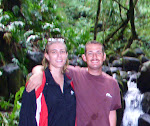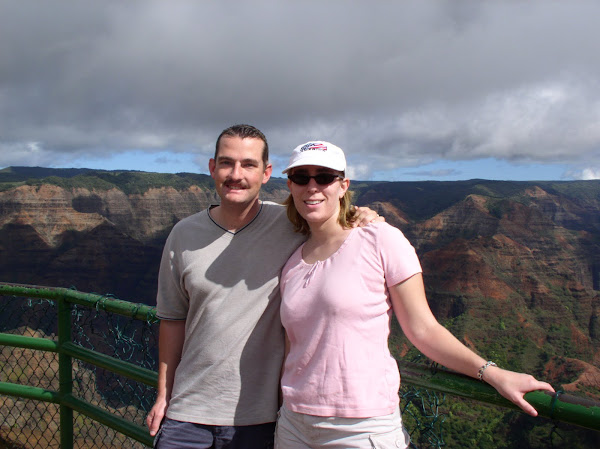At the end of any research study, the animals are euthanized. This is because they need to be autoposied so the scientists can figure out what changes happened inside the animal during the study. They take sample of all the major body systems (heart, lungs, liver, spleen, pancreas, and kidney, as well as some connective tissue in this case) and analyze them. I'm not involved in analysis, but obviously I am there for the euthanasia part. More than just being there, I'm the one that gave the injection to euthanize the animal. The animal was then immediately taken to the pathology center so tissue samples could be taken, blood drawn, and the carcass disposed of properly (cremated).
I've worked in a field that utilizes euthanasia for most of my adult life. Veterinary medicine employs euthanasia as an option in some cases, where medically appropriate. This is not the place to debate whether or not euthanasia as a practice is ethical, acceptable, or whatever. My contention is that it exists, we use it, and it's a reality of my job. I'm not making (nor inviting) a judgement call about the practice, just acknowledging its existence. A lot of veterinary professionals site euthanasia as the reason they suffer from burnout and compassion fatigue. Again, I'm not here to debate that fact, although I will say that I have had compassion fatigue in the past, and it wasn't really related to euthanasia. It wasn't really related to anything having to do with the animals, actually. It was usually because of the rudeness of pet owners (I got accused of not loving animals more times than I care to remember) and the unrealistic expectations of some doctors I worked with. So I'm not opposed to the idea of euthanasia in general, and in fact most of the time it's the most loving thing we can do for a pet who is suffering and has spent their life being a companion to us. We tell them thank you for being a good pet, and we let them go.
But euthanasia in my current job is different. These animals aren't sick. They aren't dying. This is their contribution to science. It's their job. One of the reasons I don't have an issue with euthanasia is because I take it seriously, I treat the animal with respect, and that makes the experience less routine. I've developed a mantra of sorts that I frequently will say over animals as I euthanize them: "Black god take you gentle, Weiryn keep you safe." These are both Pagan gods, the Black God is the god of death, Weiryn is the god of animals. In Pagan tradition, the Black God escorts the dead (of any species) across the veil to the next life. Weiryn protects animals who have died and makes sure they have all the blessings they might have been missing in this life. With this job, I added, "Thank you for your sacrifice."
The animals I'm responsible for will die. They have to. It's how we'll learn from them. You may have a personal issue with research, euthanasia, or animals in captivity at all (remember that includes pet ownership), and that's fine. You don't have to agree with me. But I have to find some way to make that okay for me, or I will definitely get burnout or compassion fatigue or just bored. One of the guidelines I've developed for myself is to acknowledge that euthanasia is routine. Routine means that we do it frequently, and we have a formula for how it's supposed to go. But that doesn't mean it has to be mundane. We can still take it seriously, we can still treat an animal with respect, we can still thank them for whatever contribution they have made, whether to science or as a companion. So I thank them appropriately and I move on. It's the best thing I can do.
Black God take you gentle, Weiryn keep you safe, thank you for your sacrifice.


